Its #IPThursday with your Favourite Lawyer. Judging by my DMs, this is the most requested story yet, Shakira’s song Waka Waka.
The question today, is who should own the rights to a “traditional” song, the first to record it, or the one who makes it famous or......none of them?
The question today, is who should own the rights to a “traditional” song, the first to record it, or the one who makes it famous or......none of them?
Our story this week begins in 2004, FIFA awarded the hosting rights for the 2010 World Cup to South Africa. It would be the first football World Cup on the continent and potentially the biggest sporting event ever.
Preparations for the spectacle began and naturally, brown envelopes and black briefcases exchanged hands to get this done. After all, this is Africa. Over the years, SAFA and FIFA got everything in place and when 2010 came around, only one thing was left.....an official song.
Every world cup has an official theme song. For an African World Cup, FIFA needed a song that had an African feel to it. Coca-cola, which was an official sponsor had decided to use “Waving Flag” by Somalian singer K’naan for their campaign.
Wavin Flag gathered a lot of momentum. Many thought it was the official world cup song...Well I know I did.
FIFA needed a song that was just as good or better than Wavin Flag. And so it was only fitting that FIFA decided to go to America and ask Colombian singer Shakira to write and record a song for the World Cup  https://abs.twimg.com/emoji/v2/... draggable="false" alt="🙃" title="Auf den Kopf gestelltes Gesicht" aria-label="Emoji: Auf den Kopf gestelltes Gesicht">.
https://abs.twimg.com/emoji/v2/... draggable="false" alt="🙃" title="Auf den Kopf gestelltes Gesicht" aria-label="Emoji: Auf den Kopf gestelltes Gesicht">.
We all know Shakira, born in 1977 in Colombia, she is probably the most commercially successful artist to ever come out of that country. She had a lot of number one hits throughout the 2000s, who can forget “Hips Don’t Lie”.
SAFA’s decision to use Shakira for the official song didn’t go down well in some circles. Many people felt that for an African World Cup, it would have been better to get an African artist to sing the song.
Both FIFA and SAFA felt they were justified in asking Shakira as she was a global star and it would work better for “marketing purposes”.
There was more outrage from African artists when SAFA got the likes to R. Kelly, Black Eyed Peas and Alicia Keys to perform at the ceremonies. They rightfully felt they weren’t being given a fair shot to perform in the African World Cup.
Probably fearing criticism, Shakira and her team decided to feature South African pop group Freshly Ground on the song. And “Waka Waka: It’s time for Africa” was released in May 2010.
The song itself was well received and many people loved it. Its one of the most downloaded songs ever and it has over 2 billion views on YouTube. However, behind the scenes there was a lot of drama....
For starters South African artists planned a protest to SAFA because they had been overlooked in favour of a foreign artist. The protest didn’t happen, much to SAFA’s relief. However the problems regarding the song were just beginning.
I mentioned earlier that “Waka Waka” received great reviews worldwide. This wasnt the case in West Africa, particularly in Cameroon. Most of the West Aftican community felt that something about this song wasn’t right, which brings us to the next part of our story....
In West Africa, probably around the early 20th century, many countries on the continent were involved in wars for their liberation, and some sent troops to fight in the West Africa campaign and other in the 1st and 2nd “World” Wars.
Now, anyone who has hung around black people in a struggle, fight or any sad situation knows what the most important tool to keep us going is, and no, its not guns, food or water. It is song, music and for some of us very capable few....dancing.
The soldiers during this period knew this and would sing a song to encourage struggling soldiers. The song was called “Za anga loe wa?” which can be understood to mean “no one forced you to join the army, don’t complain” or in short “no one sent you or called you here”.
It is translated from the Fang language which is spoken in Cameroon and other parts of Central to West Africa. The song is pretty well known in those parts and sang frequently by soldiers, police and any gathering. Similar to “Siyaya” here in the South.
In 1986, Cameroonian group Golden Sounds decided to record the song in studio and release it as a song. They called it “Zamina mina”, which forms part of the lyrics.
It became such a huge hit in Cameroon that they decided to rename their group from Golden Sounds to Zangalewa altogether, ehy I understand ride the tide while its high right?!
Naturally, the song crossed borders and many house DJs in Colombia started playing it (probably without acknowledging the source). Most of them simply called it “The Military”.
2 years later in 1988, a man named Wilfrido Vargas composed a song called El Negro No Puede which was released by Las Chicas Del Can. A singing group from the Dominican Republic.
The song was a huge hit in the Latin American countries and it would be popular for years to come. After hearing Shakira’s song, Vargas decided to file a lawsuit against her for $11 million for copyright infringement.
This took everyone by surprise as Shakira had stated that the lyrics “came to her” one day. Make of that what you may. The story was not making sense.
To make it worse, during this whole fiasco, most of Cameroon was certain Shakira had stolen the song from Zangalewa and the media in some parts of Africa picked the story up.
As the story picked up momentum, and Zangalewa’s version was played more, Vargas withdrew his lawsuit against Shakira. This was probably because everyone now knew he wasn’t the original author of the song. He even went as far as saying he didn’t sue Shakira in the first place.
Zangalewa as a band immediately became popular again and this forced Shakira to come to the table. I don’t know the exact details of this, but apparently they settled with Shakira and her team for an undisclosed amount.
However, despite the settlement some lawyers posed the question whether or not Zangalewa actually owned the song in the first place. Zangalewa may have been the first to record the song, however, they were not the authors. No one knows for sure where it came from.
The author, like for most war cries and traditional songs, is probably unknown. You could argue that it was a public work, available for anyone to use. The only issue here is that Shakira tried to pass it off as her original composition without acknowledging where it came from.
Which is distasteful, but maybe not illegal.
For example, here in SA, Vusi Nova released the song As’phelelanga in 2018. Soon after its release, Chippa United Football Club, who used the song as their stadium anthem wanted him to pay royalties.
Vusi Nova said that no one can own the song as it is a traditional war-cry. Which would make it a work available to the public. So anyone could use it if they wanted.
The same could be said about “Zangalewa”. No one knows who came up with the songs, so you could argue that it was a traditional work to begin with. What was disappointing was that Shakira did not acknowledge where it came from. She gave the impression that she came up with it.
There’s a new Act in SA, the Intellectual Property Laws Amendment Act which allows indigenous communities to own IP in the creative works coming out of their communities. You guys should check it out!
Big Lesson: Always acknowledge your sources, its never a good look when people expose you for sampling without crediting the source. Even with regards to traditional works. Stay safe good people!!! https://abs.twimg.com/emoji/v2/... draggable="false" alt="❤️" title="Rotes Herz" aria-label="Emoji: Rotes Herz">
https://abs.twimg.com/emoji/v2/... draggable="false" alt="❤️" title="Rotes Herz" aria-label="Emoji: Rotes Herz"> https://abs.twimg.com/emoji/v2/... draggable="false" alt="💛" title="Gelbes Herz" aria-label="Emoji: Gelbes Herz">
https://abs.twimg.com/emoji/v2/... draggable="false" alt="💛" title="Gelbes Herz" aria-label="Emoji: Gelbes Herz"> https://abs.twimg.com/emoji/v2/... draggable="false" alt="💚" title="Grünes Herz" aria-label="Emoji: Grünes Herz">
https://abs.twimg.com/emoji/v2/... draggable="false" alt="💚" title="Grünes Herz" aria-label="Emoji: Grünes Herz">
Search for #IPThursday for all previous threads!! https://abs.twimg.com/emoji/v2/... draggable="false" alt="😁" title="Grinsendes Gesicht mit lächelnden Augen" aria-label="Emoji: Grinsendes Gesicht mit lächelnden Augen">
https://abs.twimg.com/emoji/v2/... draggable="false" alt="😁" title="Grinsendes Gesicht mit lächelnden Augen" aria-label="Emoji: Grinsendes Gesicht mit lächelnden Augen">

 Read on Twitter
Read on Twitter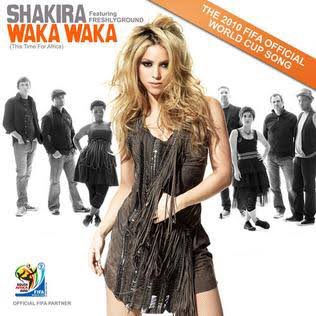
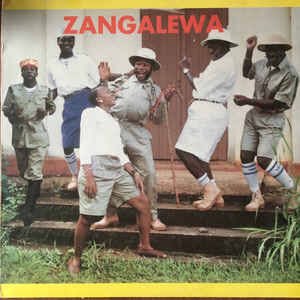
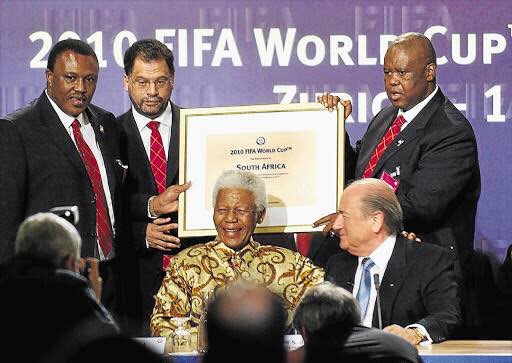
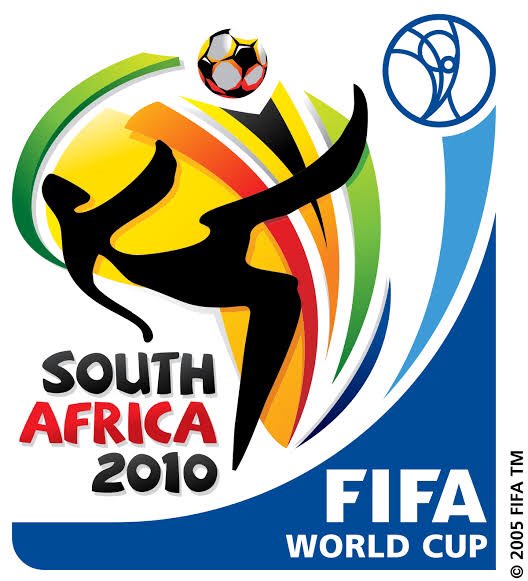
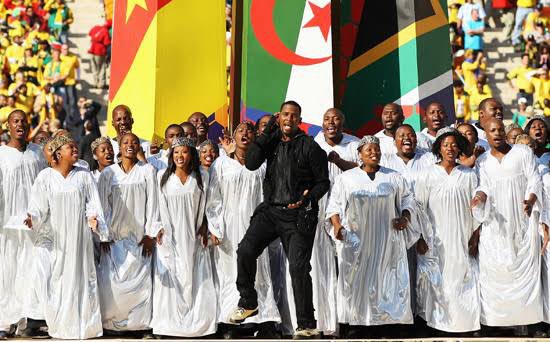
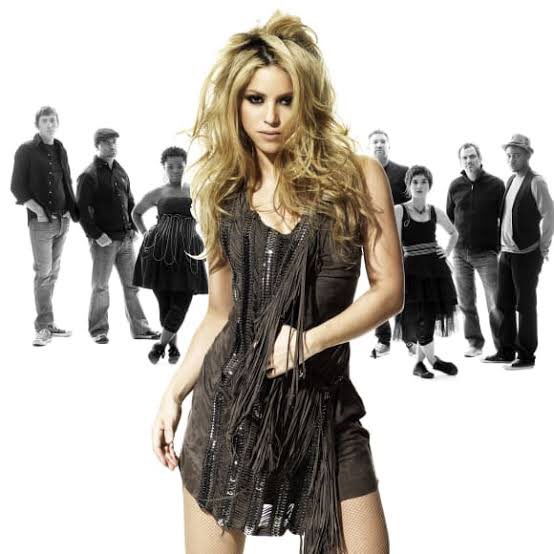
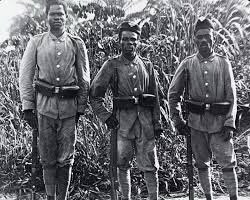
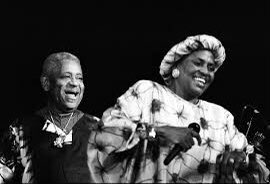
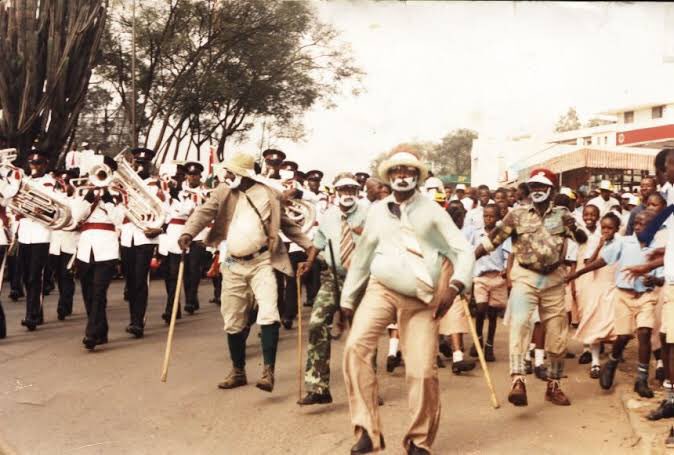
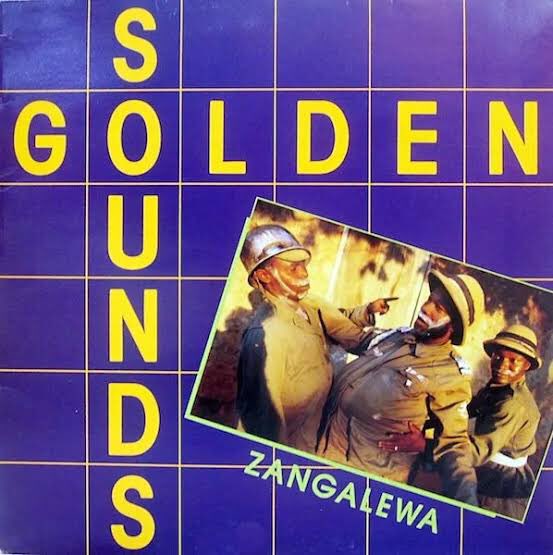
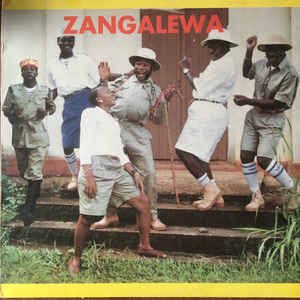
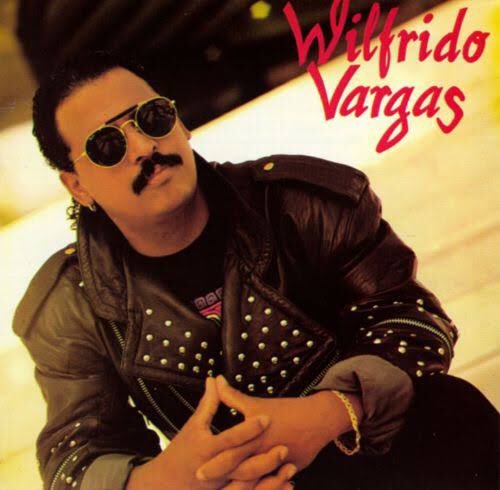
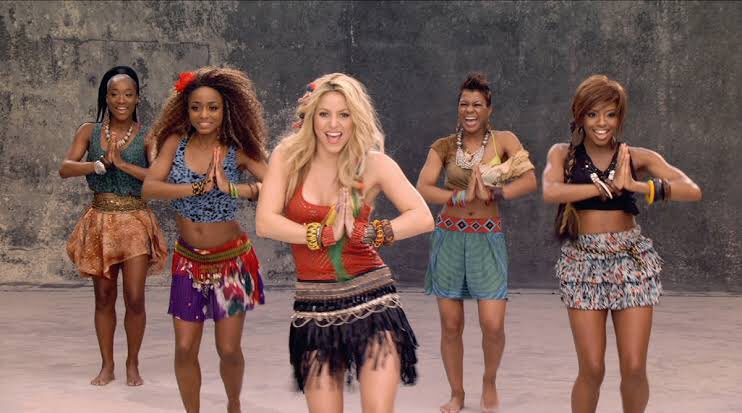
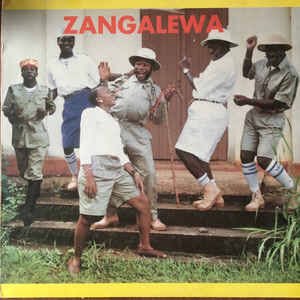
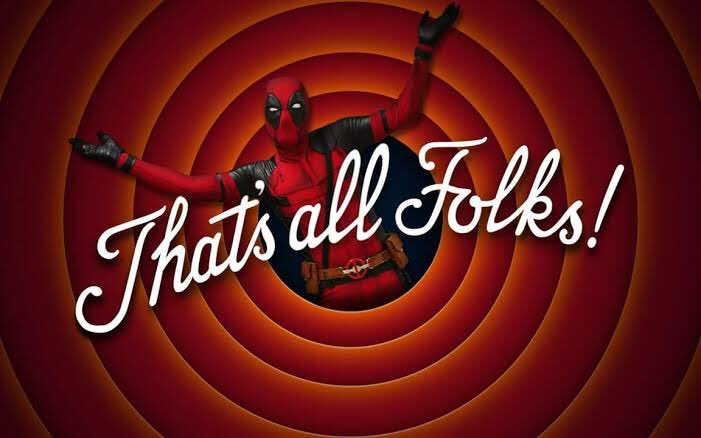 https://abs.twimg.com/emoji/v2/... draggable="false" alt="💛" title="Gelbes Herz" aria-label="Emoji: Gelbes Herz">https://abs.twimg.com/emoji/v2/... draggable="false" alt="💚" title="Grünes Herz" aria-label="Emoji: Grünes Herz">" title="Big Lesson: Always acknowledge your sources, its never a good look when people expose you for sampling without crediting the source. Even with regards to traditional works. Stay safe good people!!!https://abs.twimg.com/emoji/v2/... draggable="false" alt="❤️" title="Rotes Herz" aria-label="Emoji: Rotes Herz">https://abs.twimg.com/emoji/v2/... draggable="false" alt="💛" title="Gelbes Herz" aria-label="Emoji: Gelbes Herz">https://abs.twimg.com/emoji/v2/... draggable="false" alt="💚" title="Grünes Herz" aria-label="Emoji: Grünes Herz">" class="img-responsive" style="max-width:100%;"/>
https://abs.twimg.com/emoji/v2/... draggable="false" alt="💛" title="Gelbes Herz" aria-label="Emoji: Gelbes Herz">https://abs.twimg.com/emoji/v2/... draggable="false" alt="💚" title="Grünes Herz" aria-label="Emoji: Grünes Herz">" title="Big Lesson: Always acknowledge your sources, its never a good look when people expose you for sampling without crediting the source. Even with regards to traditional works. Stay safe good people!!!https://abs.twimg.com/emoji/v2/... draggable="false" alt="❤️" title="Rotes Herz" aria-label="Emoji: Rotes Herz">https://abs.twimg.com/emoji/v2/... draggable="false" alt="💛" title="Gelbes Herz" aria-label="Emoji: Gelbes Herz">https://abs.twimg.com/emoji/v2/... draggable="false" alt="💚" title="Grünes Herz" aria-label="Emoji: Grünes Herz">" class="img-responsive" style="max-width:100%;"/>


